chlorine HTH china
Chlorine HTH (China) is a high-strength solid form of chlorine used primarily as a disinfectant, sanitizer, and bleaching agent. It contains typically 65–70% available chlorine, making it one of the most effective and stable chlorine sources for water purification.
It is produced by reacting calcium hydroxide with chlorine gas, resulting in a solid compound that releases hypochlorous acid (HOCl) when dissolved in water — the active disinfecting agent responsible for killing bacteria, viruses, algae, and fungi.
Applications:
Water Treatment:
Disinfection of drinking water, swimming pools, and wastewater.
Controls algae growth and prevents waterborne diseases.
Food and Beverage Industry:
Sanitizing equipment, surfaces, and containers.
ublic Health:
Used in emergency water disinfection and sanitation programs.
Industrial Uses:
Bleaching in the textile and paper industries.
Health and Environmental Considerations:
Health:
Strong oxidizer — can cause burns to skin and eyes.
Inhalation of dust or vapors may irritate the respiratory tract.
Ingestion is harmful and may cause internal burns.
Environment:
Toxic to aquatic organisms; avoid discharge into natural waterways.
Can release chlorine gas when in contact with acids or moisture.
Safety Measures:
Store in a cool, dry, and well-ventilated area away from heat, organic materials, and acids.
Use appropriate personal protective equipment (PPE) during handling
₦120,000.00
Description
Chlorine HTH (China)
Chemical Name:
Calcium Hypochlorite
Common Name:
HTH (High Test Hypochlorite)
Chemical Formula:
Ca(ClO)₂
Appearance:Chlorine HTH (China)
Chemical Name:
Calcium Hypochlorite
Common Name:
HTH (High Test Hypochlorite)
Chemical Formula:
Ca(ClO)₂
Appearance:
Chlorine HTH (China) is a high-strength solid form of chlorine used primarily as a disinfectant, sanitizer, and bleaching agent. It contains typically 65–70% available chlorine, making it one of the most effective and stable chlorine sources for water purification.
It is produced by reacting calcium hydroxide with chlorine gas, resulting in a solid compound that releases hypochlorous acid (HOCl) when dissolved in water — the active disinfecting agent responsible for killing bacteria, viruses, algae, and fungi.
Applications:
Water Treatment:
Disinfection of drinking water, swimming pools, and wastewater.
Controls algae growth and prevents waterborne diseases.
Food and Beverage Industry:
Sanitizing equipment, surfaces, and containers.
ublic Health:
Used in emergency water disinfection and sanitation programs.
Industrial Uses:
Bleaching in the textile and paper industries.
Health and Environmental Considerations:
Health:
Strong oxidizer — can cause burns to skin and eyes.
Inhalation of dust or vapors may irritate the respiratory tract.
Ingestion is harmful and may cause internal burns.
Environment:
Toxic to aquatic organisms; avoid discharge into natural waterways.
Can release chlorine gas when in contact with acids or moisture.
Safety Measures:
Store in a cool, dry, and well-ventilated area away from heat, organic materials, and acids.
Use appropriate personal protective equipment (PPE) during handling
Typical Specifications (China Origin):
Property Specification
Available Chlorine 65–70% min
Moisture ≤ 5%
Appearance White granules or tablets
pH (1% solution) 10–11
CAS No. 7778-54-3

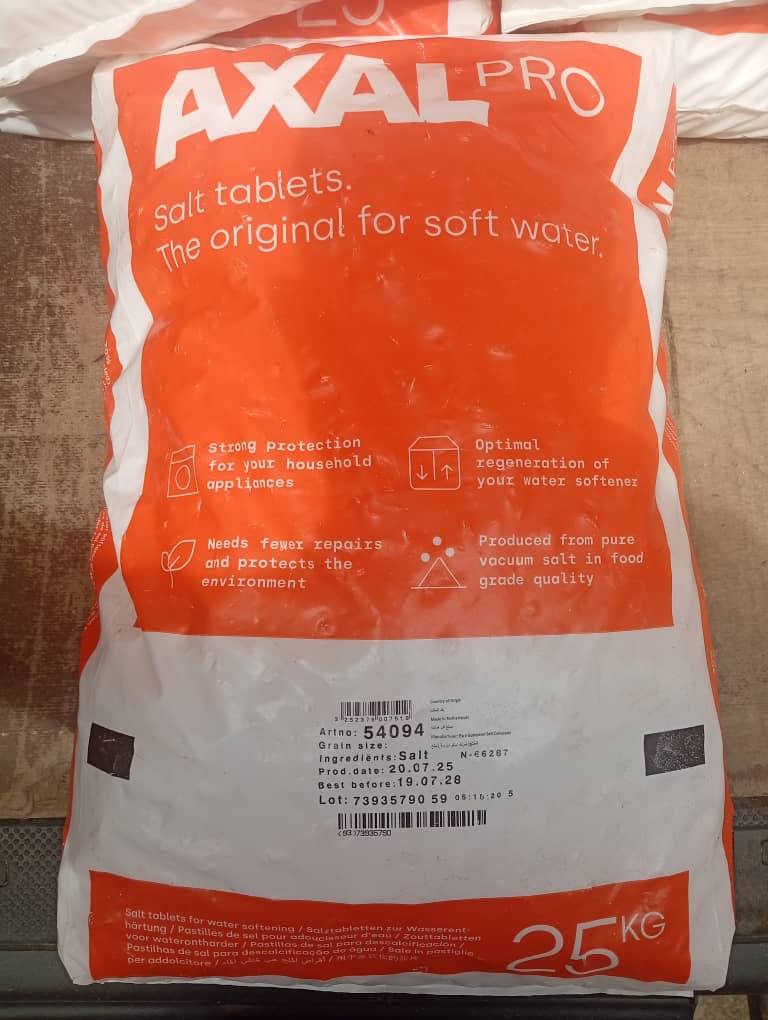

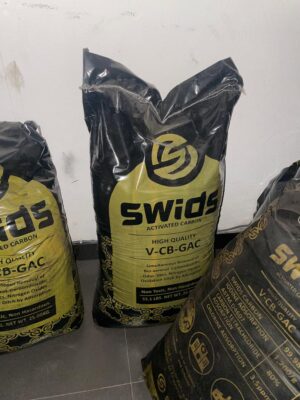
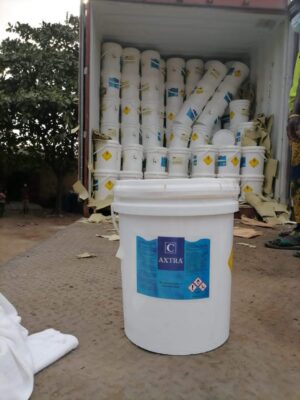
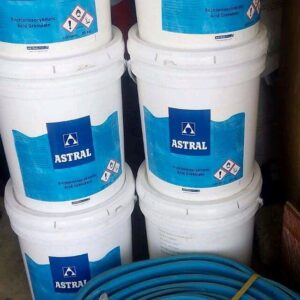
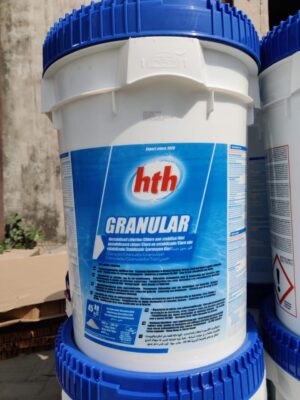
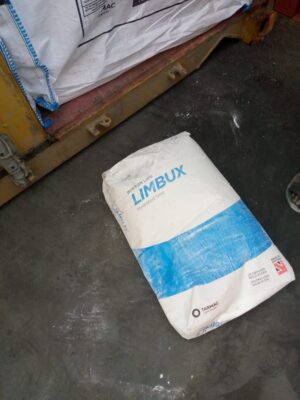
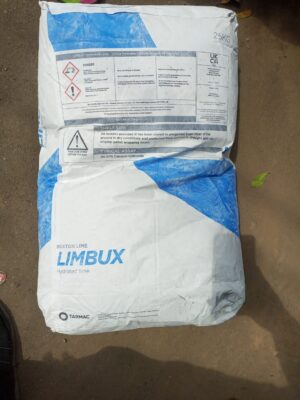
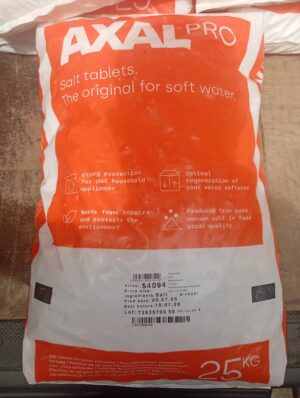

Reviews
There are no reviews yet.